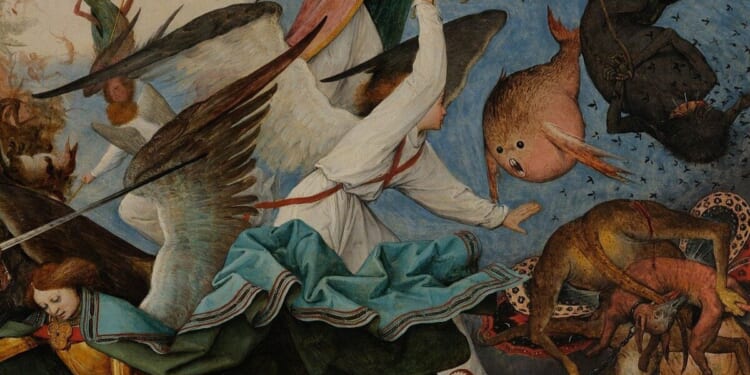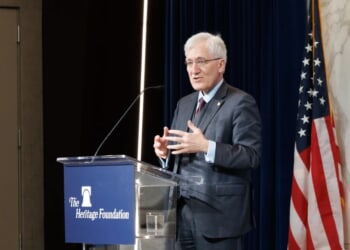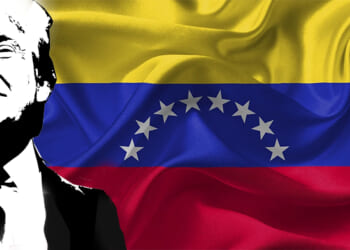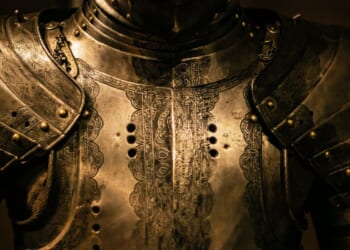Our common-sense moral imagination often assumes that there are two opposite forces in the world: good and evil, locked in perpetual conflict, like twin powers of equal strength vying for dominance. This dualistic picture is misleading. It risks granting to evil a kind of dignity and weightiness it does not truly possess. I would like to posit an alternative moral theory, one that is subtler, more insidious, and indeed more perverse: that evil has no true essence of its own. Rather, it is purely parasitic, existing only as the distortion of truth.
St. Augustine, wrestling with the Manichean heresy that saw good and evil as two coeternal principles, made a decisive break by asserting that evil is privatio boni (the absence of good). Just as darkness is not a positive reality but the absence of light, so too evil is not something in itself, but the negation of what is. By this reasoning, we might extend St. Augustine’s hypothesis further. Evil is not exclusively the absence of good. It is a distortion, corruption, and falsification. Evil functions not simply as a void but as a perverse mimicry: it counterfeits the good, while at the same time denying the truth of what is.
To sin, therefore, is not only to turn from the good, but to flee from reality itself. Sin is a movement into unreality, a grasping at fantasy, a deliberate exchange of what is true for what is false. In the highest sense, it is to step away from God, who is Truth, and to fall into falsehood and delusion. This diagnosis corresponds precisely to the narrative of the Fall in Genesis: the serpent tempts not by force, but by deception, by implanting a lie that warps Adam and Eve’s perception of reality: “you shall be as gods” (Gen. 3:5). Their sin is born in unreality, in choosing the primordial lie over God’s word.
This dynamic of evil as falsehood can be observed across the course of human history, as every act of evil, great or small, is ultimately an act against the truth of what something is. When the rich castigate the poor, they deny the truth of human dignity. When lies and propaganda are spread, they seek to dismantle reality itself by substituting political illusions in its place. Even in the hidden recesses of the human heart, the same rule applies: our addictions, manipulations, neuroses, and cruelties are all rooted in falsehoods, whether spoken outwardly to others or cultivated inwardly as rationalizations to ourselves.
The truth of the human person is to live in accord with our nature, to order our natural reason and will toward what is real. Honesty is not only an abstract social virtue but an important practical one as well. To be honest with ourselves, and ultimately with God, is to live in conjunction with reality as it truly is. When we act contrary to this, we disorder our own wills and become complicit in a profound state of “unreality.” We treat illusion as substance and fantasy as fact, and thus we allow evil to gain its foothold in our hearts.
In this light, moral failure is not disobedience to a moral precept, but participation in a lie. Evil thrives only to the extent that it can persuade us to confuse shadows for light. To resist it, then, is to embrace truth fully, not only in our speech but in our very being, cleaving to reality as God has made it. Goodness and truth are naturally inseparable forces. Evil, when unmasked, is nothing more than the denial of both.
Image from Wikimedia Commons













